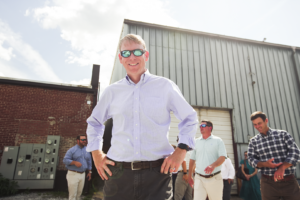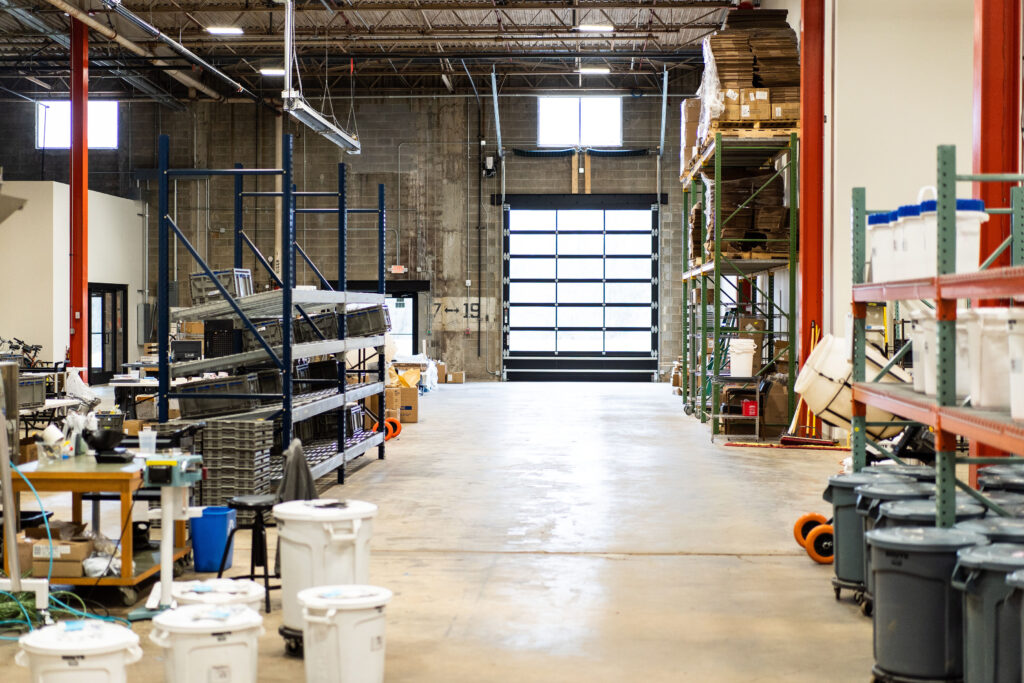- Home
- About
 ABOUT PINTAIL
ABOUT PINTAILIntentional. Accessible. Client-centric.
 MEET THE TEAM
MEET THE TEAMThe people who make up Pintail.
 PINTAIL CULTURE
PINTAIL CULTURERelationships built on trust.
LET'S TALKWe’d love to hear about your CRE investment goals and talk about how we can create value.
- Services
 BROKERAGEOffering a full spectrum of commercial brokerage services.
BROKERAGEOffering a full spectrum of commercial brokerage services.
Sales
Leasing
Site Selection
Net-Leased Investments
1031 Exchanges
More >>> CAPITAL MARKETSSpecifically for institutional and family office investors, we serve clients who desire to acquire or divest of income-producing real estate assets on a nationwide scale.
CAPITAL MARKETSSpecifically for institutional and family office investors, we serve clients who desire to acquire or divest of income-producing real estate assets on a nationwide scale.
Acquisitions
Disposition Thoughtfully considering the impact of each unique project.
Thoughtfully considering the impact of each unique project.
Build-to-Suit
Fee Development
Consultation INDUSTRIAL SOLUTIONSComprehensive expertise with a global perspective.
INDUSTRIAL SOLUTIONSComprehensive expertise with a global perspective.
Global Manufacturing
US Expansion or Relocation
Domestic Investments PROPERTY SERVICESStreamlined commercial property management for total peace of mind.
PROPERTY SERVICESStreamlined commercial property management for total peace of mind.
Fiscal Operations
Tenant Relations
Property Maintenance
Project Supervision
Facility Management
More>>>LET'S TALKWe’d love to hear about your CRE investment goals and talk about how we can create value.
- Properties
- Get In Touch






